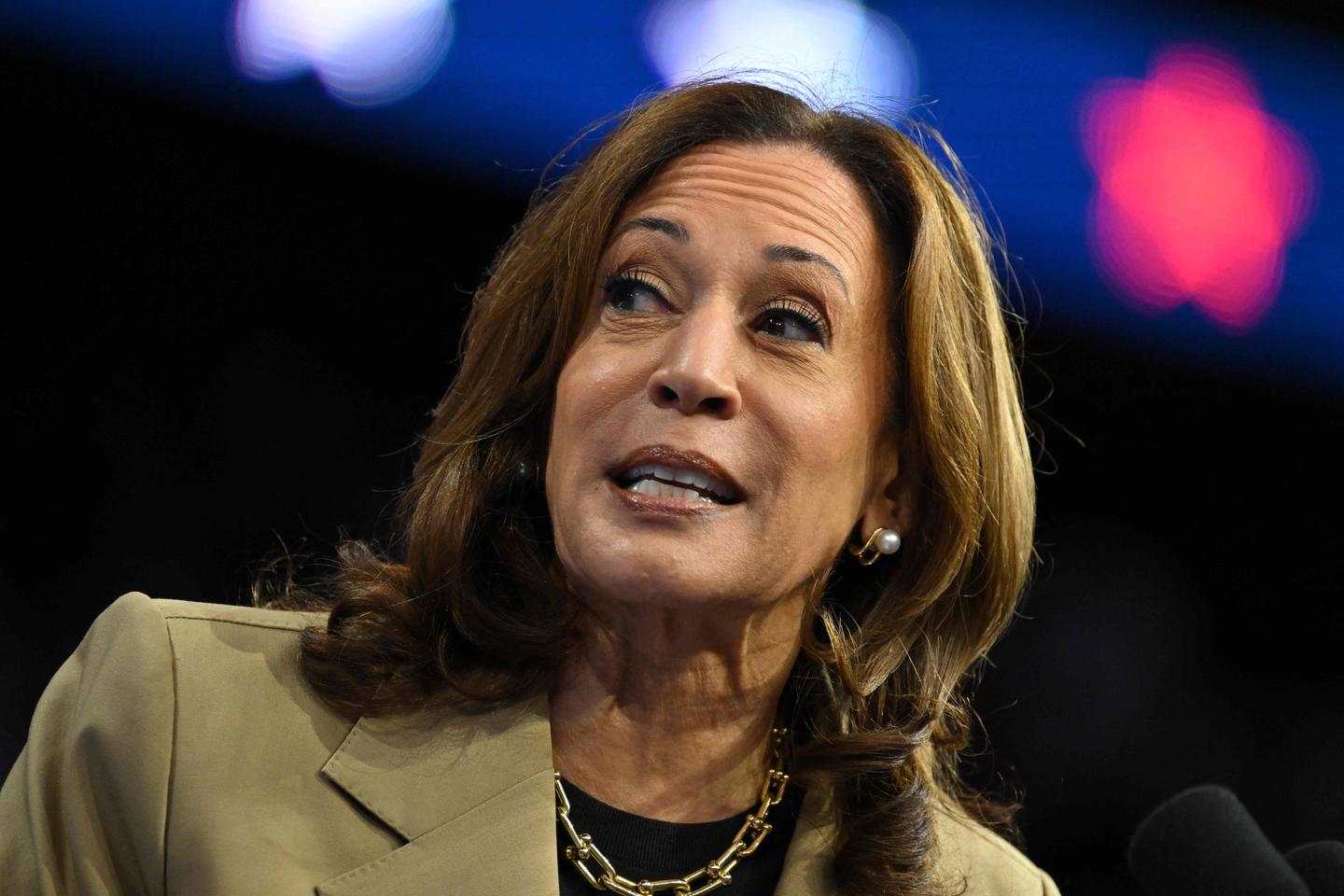French finance minister says credit rating cut means savings needed – Technologist
French Finance and Economy Minister Bruno Le Maire said Saturday, June 1, he was determined to seek billions in new government spending cuts after ratings agency Standard and Poor’s downgraded France’s credit score. The US agency justified its decision to drop France’s long-term sovereign debt rating from “AA” to “AA-” on concerns over lower-than-expected growth. S&P is among a host of agencies and economists to cast doubt on the government’s vow to cut its budget deficit to under three percent of gross domestic product by 2027.
Le Maire launched a media campaign after Friday’s announcement to defend the government’s spending record. He vowed to “continue exactly on the same path, without accelerating or slowing”, in a video posted on YouTube on Saturday. In interviews with French media, Le Maire ruled out tax increases. But he said no decision had been made on delinking pensions and other social benefits from the inflation rate.
The minister put the priority on reducing France’s more than €450 billion ($488 billion) in state spending each year. He highlighted €10 billion in spending cuts decided at the start of the year and said he was determined to find another €10 billion in savings in 2024. The government does not have a parliamentary majority and Le Maire said the S&P decision had to “open the eyes” of French lawmakers on the need for savings.
S&P warned that “political fragmentation” would make it difficult for the government to implement reforms to balance public finances and forecast the budget deficit would remain above the targeted three percent of GDP in 2027. But a rise in the second-largest EU economy’s public deficit for 2023 to 5.5% of GDP, instead of a predicted 4.9%, had raised the alarm for many rating agencies. France’s general government debt will increase to about 112% of GDP by 2027, up from around 109% in 2023, “contrary to our previous expectations,” S&P said.
Le Maire told Le Parisien newspaper the downgrade was primarily driven by government spending during the Covid-19 pandemic.
A credit downgrade risks putting off investors and making it more difficult to pay off debt.
Earlier this year, Moody’s and Fitch spared handing France a lower note. S&P maintained its “stable” outlook for France on “expectations that real economic growth will accelerate and support the government’s budgetary consolidation,” albeit not enough to bring down its high debt ratio.


